Privacy basics

- Privacy basics
Encryption is a way to hide information so private data is kept that way.
Without encryption, anybody could access your communications. In this article,
we go over how it works and some of the different types of encryption there are.
The short expla
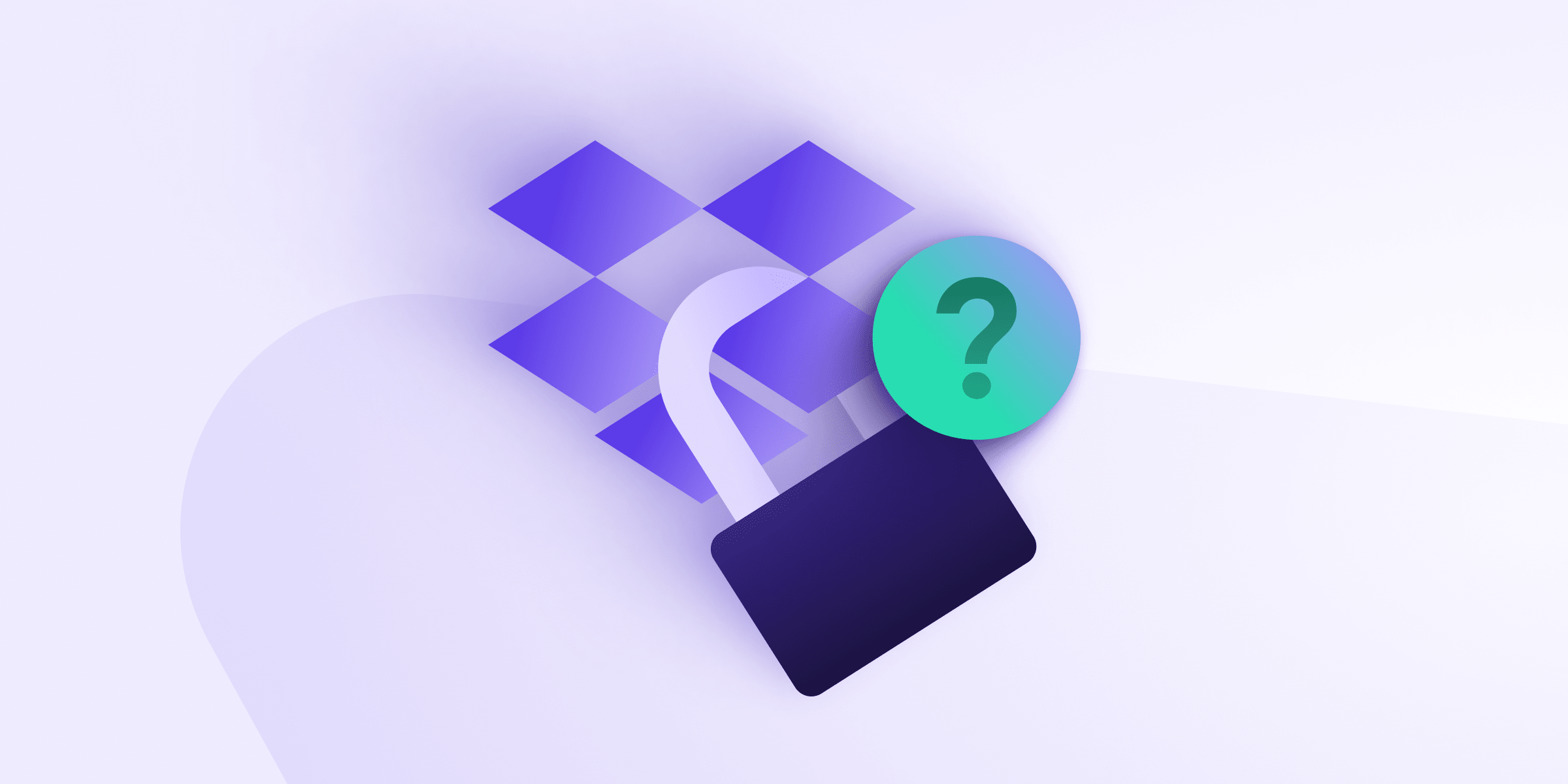
- Privacy basics
Dropbox is one of the biggest names in cloud storage, which is why you might be
surprised to learn it doesn’t use the most secure encryption algorithms and
doesn’t protect your privacy.
While Dropbox is secure from outside attack, it has suffered da
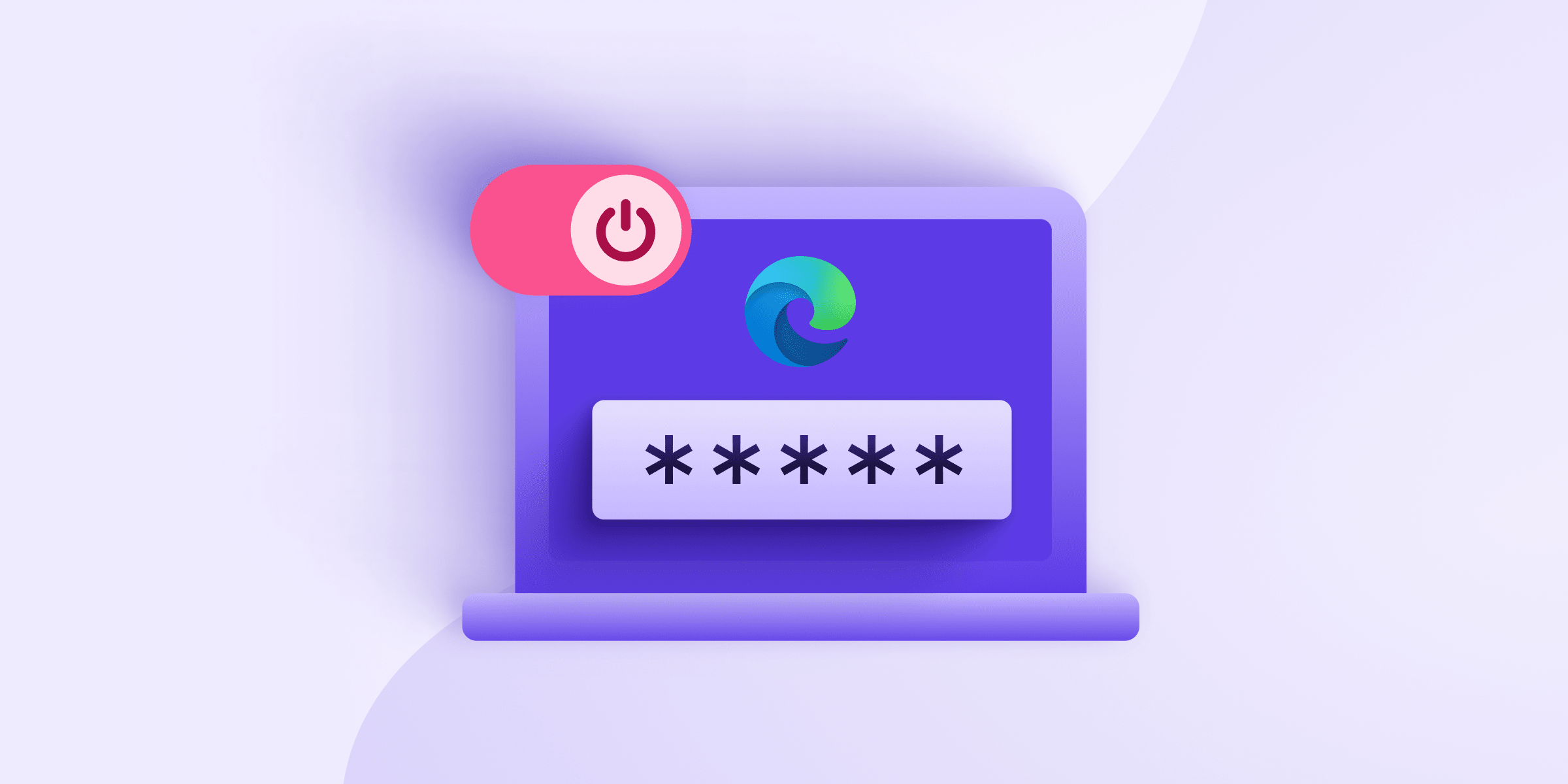
- Privacy basics
Like most browsers, Microsoft Edge has a built-in password manager. Can you
trust it, though? Is Microsoft Edge password manager safe?
Overall, while Microsoft Edge password manager seems safe at first, there are
some issues with the way it handles

- Privacy basics
Chances are you’ve deleted a file you shouldn’t have at some point. Getting it
back isn’t always impossible, though, and with some foresight and smart use of
software you might be able to recover it.
Let’s go over the best ways to recover accidenta

- Privacy basics
It’s never good to see that message pop up in Gmail: “You’re running low on
storage space.”
As the notification says, you might want to “Try freeing up space or purchase
additional storage.” But what if neither option works for you?
Luckily, you ca
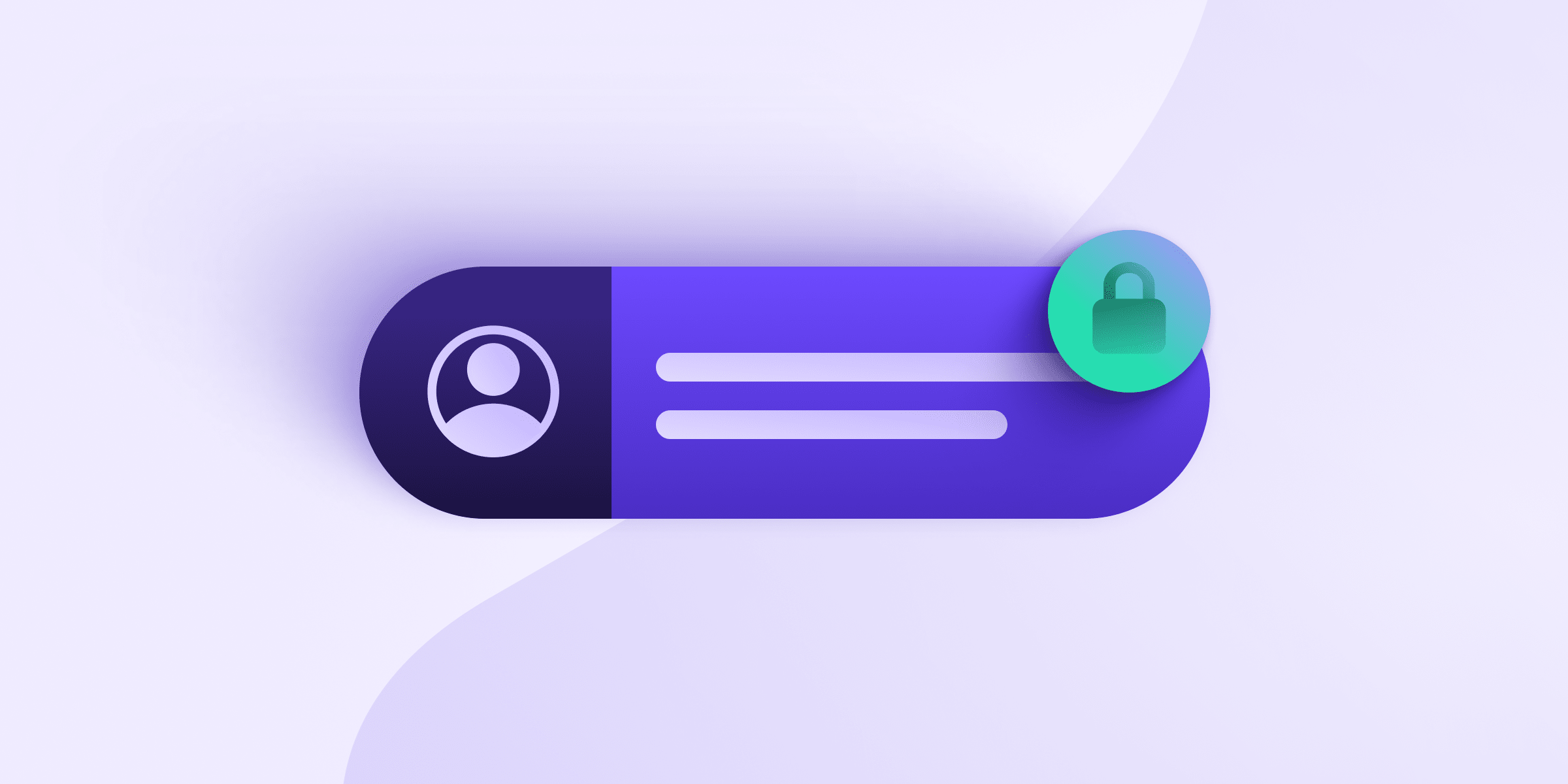
If you take your online safety seriously, you know you need to create a strong
password to protect your online accounts. However, do you take the same care for
your accounts’ usernames? In this article we go over why you should, and what is
a safe us

- Privacy basics
Lots of people don’t use online payment platforms because they don’t want to pay
the service fee, don’t trust them, or simply don’t know they exist.
Whatever the reason, there are a number of situations where you might need to
email someone your ban
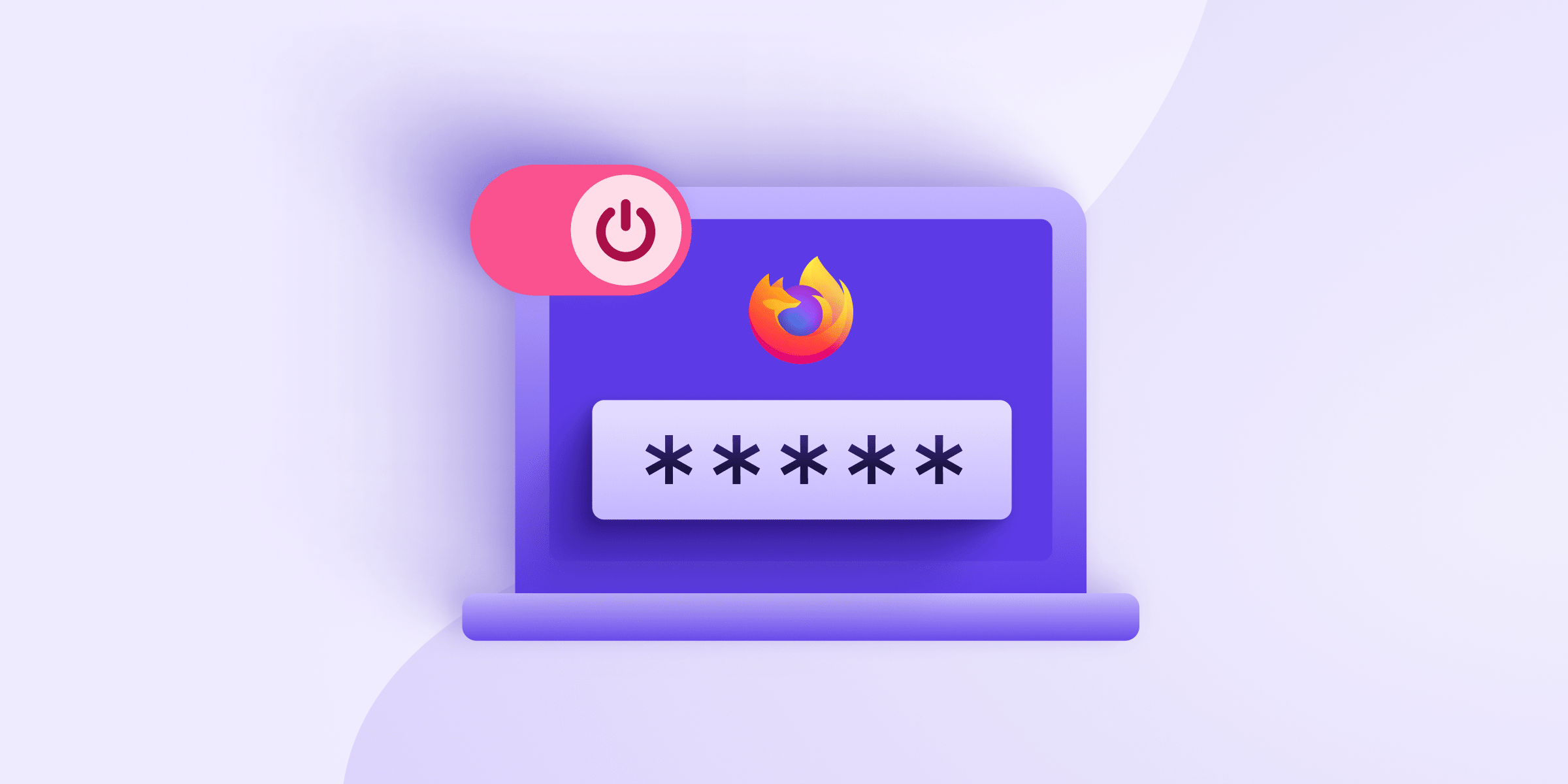
- Privacy basics
If you’re using Mozilla Firefox, one of our recommended browsers, you’ll have
come across its built-in password manager. While it gets a lot right, it doesn’t
offer the same functionality as fully fledged password managers do and you may
want to repl

When securing a system or your online accounts, setting a strong password is the
most important thing you can do. But what’s stronger — a password of apparently
random characters or a passphrase of several unrelated words?
This article explains whi
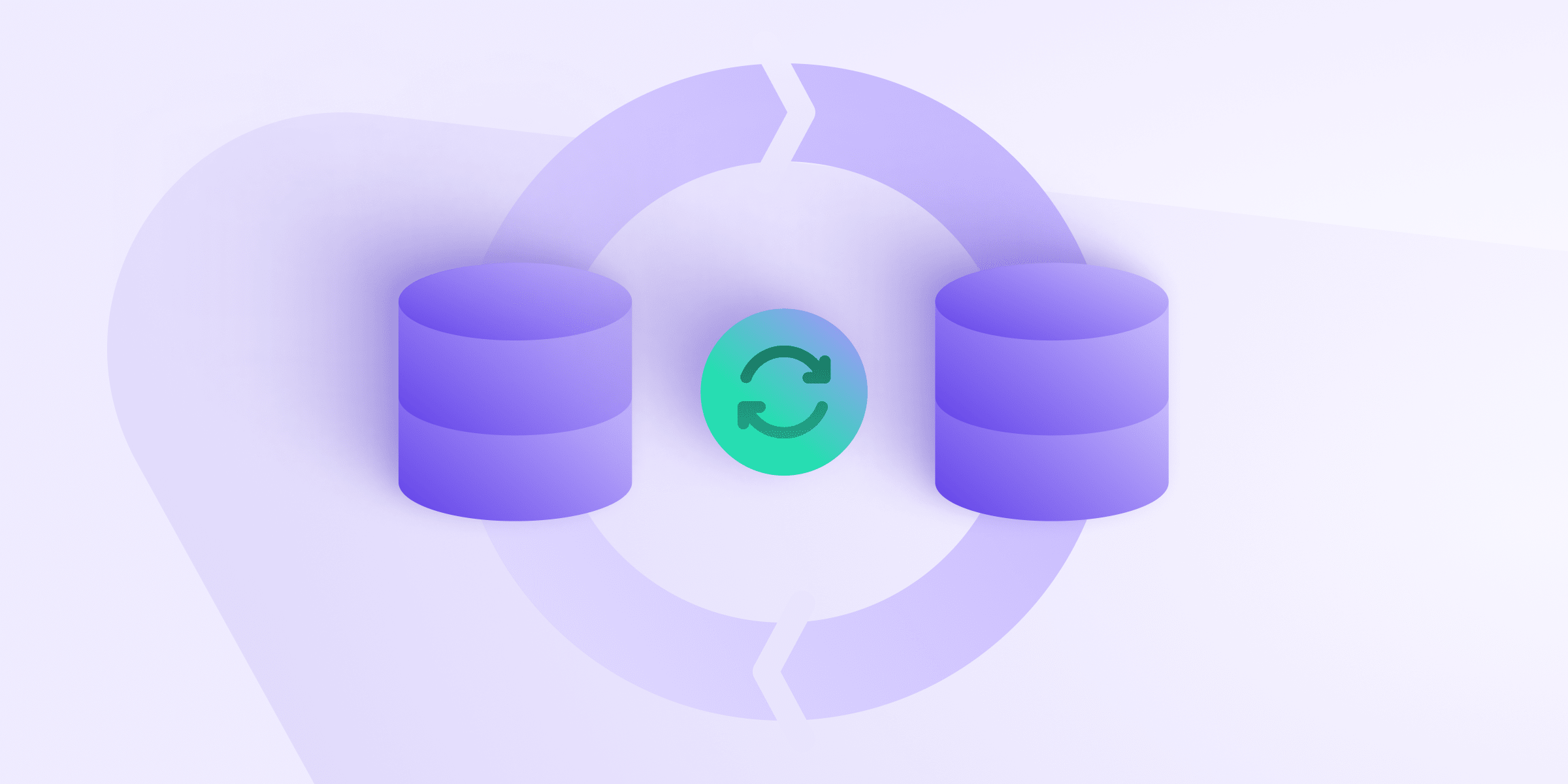
Data backup and data sync are different approaches to storing and updating files
that have become popular with the rise of cloud storage. Knowing which one to
use and when is one part of using your cloud storage effectively.
The short version is tha

- Privacy basics
If you’ve just bought a new laptop or put together a new computer, you’ll want
to transfer all your old files to your new computer. While there’s no one-click
solution to move your hard drive’s contents to the new computer, you do have
options to acc


